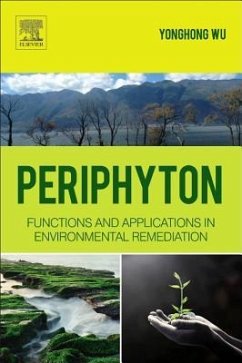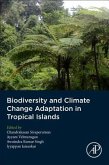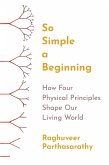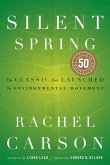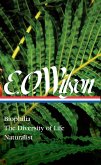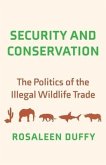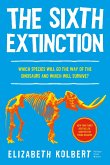Periphyton: Functions and Application in Environmental Remediation presents a systematic overview of a wide variety of periphyton functions and applications in environmental remediation, providing readers with an understanding of the biological/ecological features of periphyton, the methodology of their study, and their application in environmental conservation.
With increases in environmental stress, anthropogenic impacts, and the global decline in biodiversity, there is a pressing need for methods to assess and improve environmental quality that are rapid, reliable, and cost-effective. Periphyton is an important component of benthic communities and plays a crucial role in the functioning of microbial food webs. Because of a number of advantages, such as a short lifecycle, relative immobility, more rapid responses to environmental stress and anthropogenic impact than any metazoa, ease of sampling, availability of taxonomic/molecular identification, and standardizedmethodologies for temporal/spatial comparisons, there has, in recent decades, been an increased interest in periphyton as a tool in biological conservation in aquatic ecosystems.
With increases in environmental stress, anthropogenic impacts, and the global decline in biodiversity, there is a pressing need for methods to assess and improve environmental quality that are rapid, reliable, and cost-effective. Periphyton is an important component of benthic communities and plays a crucial role in the functioning of microbial food webs. Because of a number of advantages, such as a short lifecycle, relative immobility, more rapid responses to environmental stress and anthropogenic impact than any metazoa, ease of sampling, availability of taxonomic/molecular identification, and standardizedmethodologies for temporal/spatial comparisons, there has, in recent decades, been an increased interest in periphyton as a tool in biological conservation in aquatic ecosystems.

